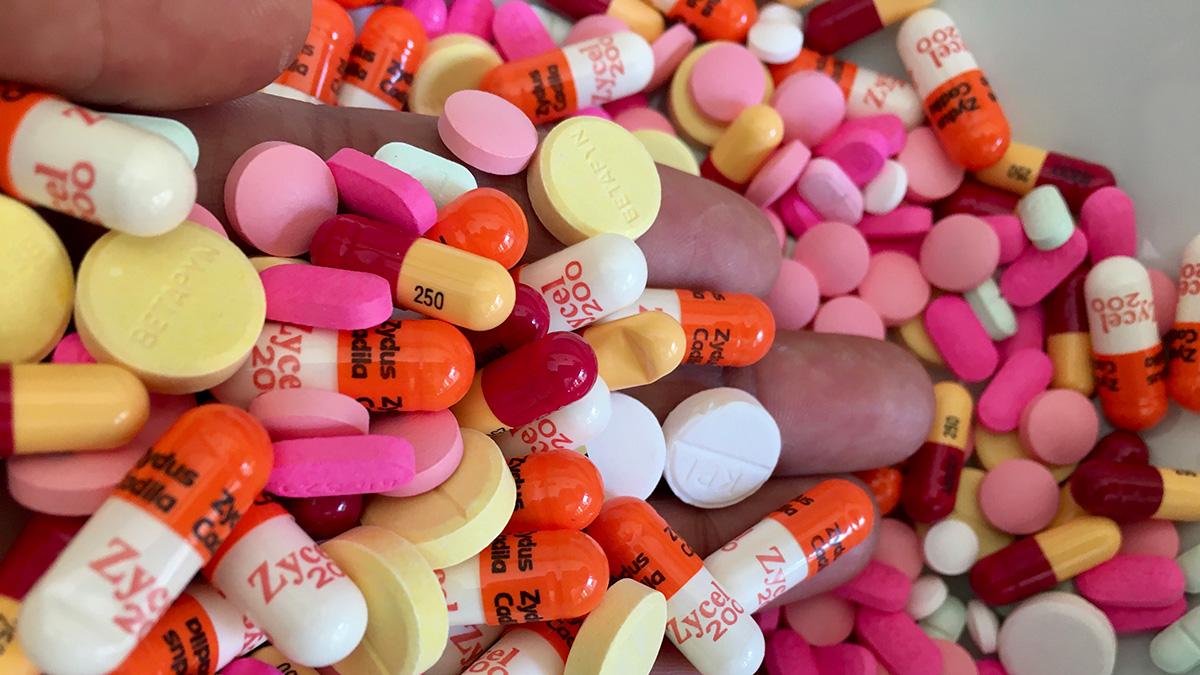
It’s hard to predict with certainty how drugs break down once they enter waterways. In a new study, scientists devised a way to do just that.
Swallowing a pill only seems to make it disappear. In reality, the drug eventually leaves your body and flows into waterways, where it can undergo further chemical transformations. And these downstream products aren’t dead in the water.
Many pharmaceuticals, for example, are designated as contaminants of emerging concern, or CECs, because they alter hormone levels or otherwise harm wildlife. Some downstream products formed during drug breakdown are even more harmful than their parent molecule. It’s critical, then, to chart out the chemical course of drugs to assess risk, but this is a daunting task because it depends on myriad hard-to-predict reaction patterns that are difficult to observe.
In a new study, Ceresa et al. devise a new method to chart these reaction possibilities. The newly proposed method is based on a multimodel global sensitivity analysis. This balances model fit and mathematical complexity: It generates a well-fitting model by simplifying it.
The researchers estimated how the arthritis drug diclofenac breaks down upon entering groundwater. First, using existing chemical transformation data, they built a comprehensive model of breakdown that included the gamut of possible chemical reactions. However, the estimates from this model were highly uncertain.
To adjust the model to better fit their data, the researchers quantified the relative importance of each possible chemical process and removed the least relevant ones.
This led to three simplified yet plausible models of drug breakdown. They ranked these models on the basis of their fit with the data and showed that a simplified model outperformed the most complex one.
The method yielded a flexible and accurate model. The team says their new method is especially useful when data are limited. Applying it to other drugs, they say, could reveal the full toll that pharmaceutical pollution takes on the planet.
Via: https://eos.org/research-spotlights/what-happens-to-drugs-after-they-leave-your-body










